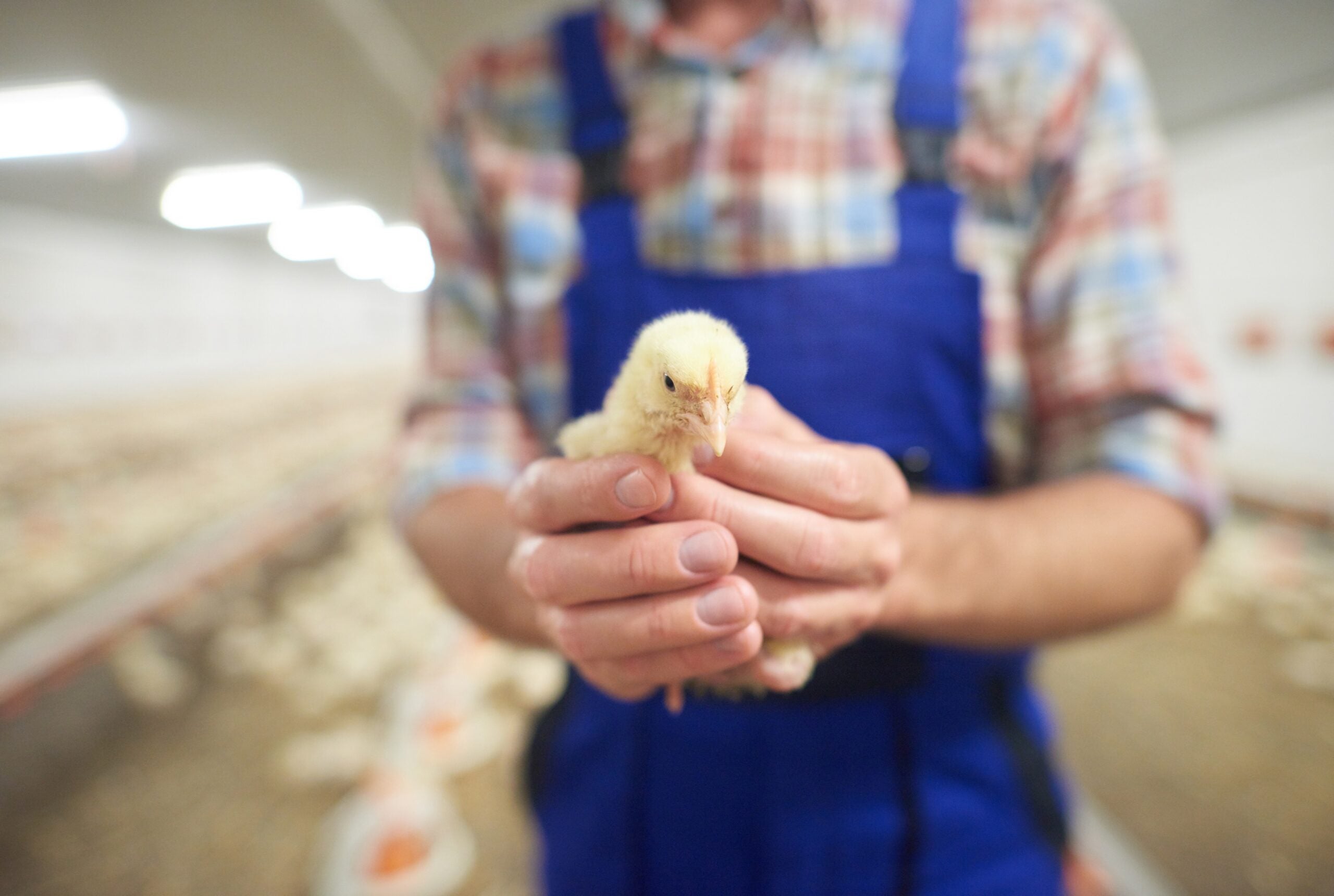
President Biden has tabled proposals to change the rules that govern contracts between poultry processors and growers as part of the US administration’s latest moves to boost competition in the sector.
The US federal government has also set out plans to invest more money to expand processing capacity among “independent” meat and poultry processors.

Discover B2B Marketing That Performs
Combine business intelligence and editorial excellence to reach engaged professionals across 36 leading media platforms.
Amid rising prices for consumers, the US meat sector has been in the firing line. The administration believes the US meat industry is too concentrated, is hurting farmers and consumers and is a notable factor in rising food prices.
Biden wants to alter the country’s Packers and Stockyards Act, a law passed a century ago to protect farmers from unfair trading practices.
The US administration claims poultry processors “exert control over much of the process of raising chickens through take-it-or-leave-it contracts with growers”. Under the contracts, processors provide inputs like chickens and feed to poultry growers.
“Poultry growers … have limited visibility into the real range of outcomes and risks they face under these contracts. Moreover, once in the contracts, the processors then determine the payments that poultry growers receive for their services by weighing the chickens and ranking farmers based on how much the chickens grew. Pay is generally determined based on how a farmer compares to other farmers, but farmers currently have little insight into this comparison,” the US Department of Agriculture said yesterday (26 May). “For far too long, growers have complained that the ‘tournament’ system is ripe for abuse.”

US Tariffs are shifting - will you react or anticipate?
Don’t let policy changes catch you off guard. Stay proactive with real-time data and expert analysis.
By GlobalDataUnder the administration’s plans, poultry processors will be required to provide “key information to poultry growers at several critical steps”. Under one example, processors would have to disclose details of the inputs they provided to each farmer. Contracts would also be required to contain guaranteed annual flock placements and density.
Meanwhile, the USDA is opening an inquiry into whether some practices of processors in the so-called ‘tournament system’ should be banned or regulated.
The National Chicken Council (NCC), the trade body representing poultry processors in the US, said the plans would not increase competition or lower prices for consumers.
It insisted all chicken farmers are provided the same quality of chicks, the same feed and have access to veterinary care. The NCC claims “farmers who invest in more advanced facilities, as well as use the best management practices, will likely produce higher quality chickens more efficiently”, adding: “Farmers receive a base pay per their contract and potentially a bonus, based on the health and quantity of the flock.”
NCC President Mike Brown said: “This is a solution in search of a problem. The last thing the Biden administration should be doing is pushing increased regulations, red tape and costs onto businesses at a time of record inflation and input costs, threatening food security and potentially raising grocery bills even further for Americans. There is a huge misunderstanding in this administration of how businesses operate. Everything this administration has touched has led to increased prices for consumers – whether it’s gas, home heating bills or infant formula. Chicken seems to be next.”
In recent months, the Biden administration has said it would provide cash to support processing capacity in the US meat sector.
Yesterday, the USDA said it was making available US$200m under a new Meat and Poultry Intermediary Lending Program (MPILP) to help independent processors expand.
The USDA argues the funds would bolster competition at a “key bottleneck point in the supply chain”, which, it claims, would boost farmers’ earnings and lower prices for consumers.



